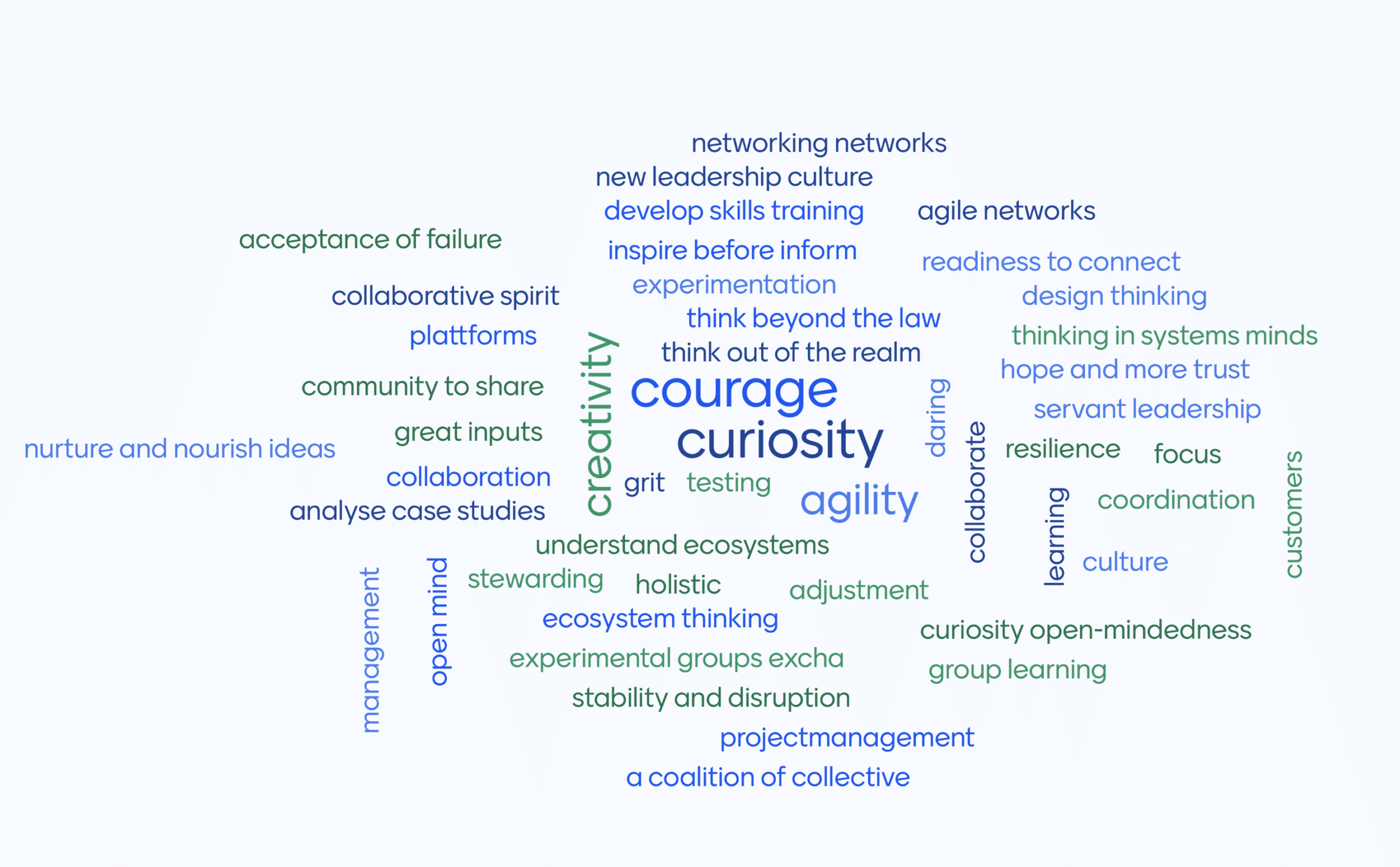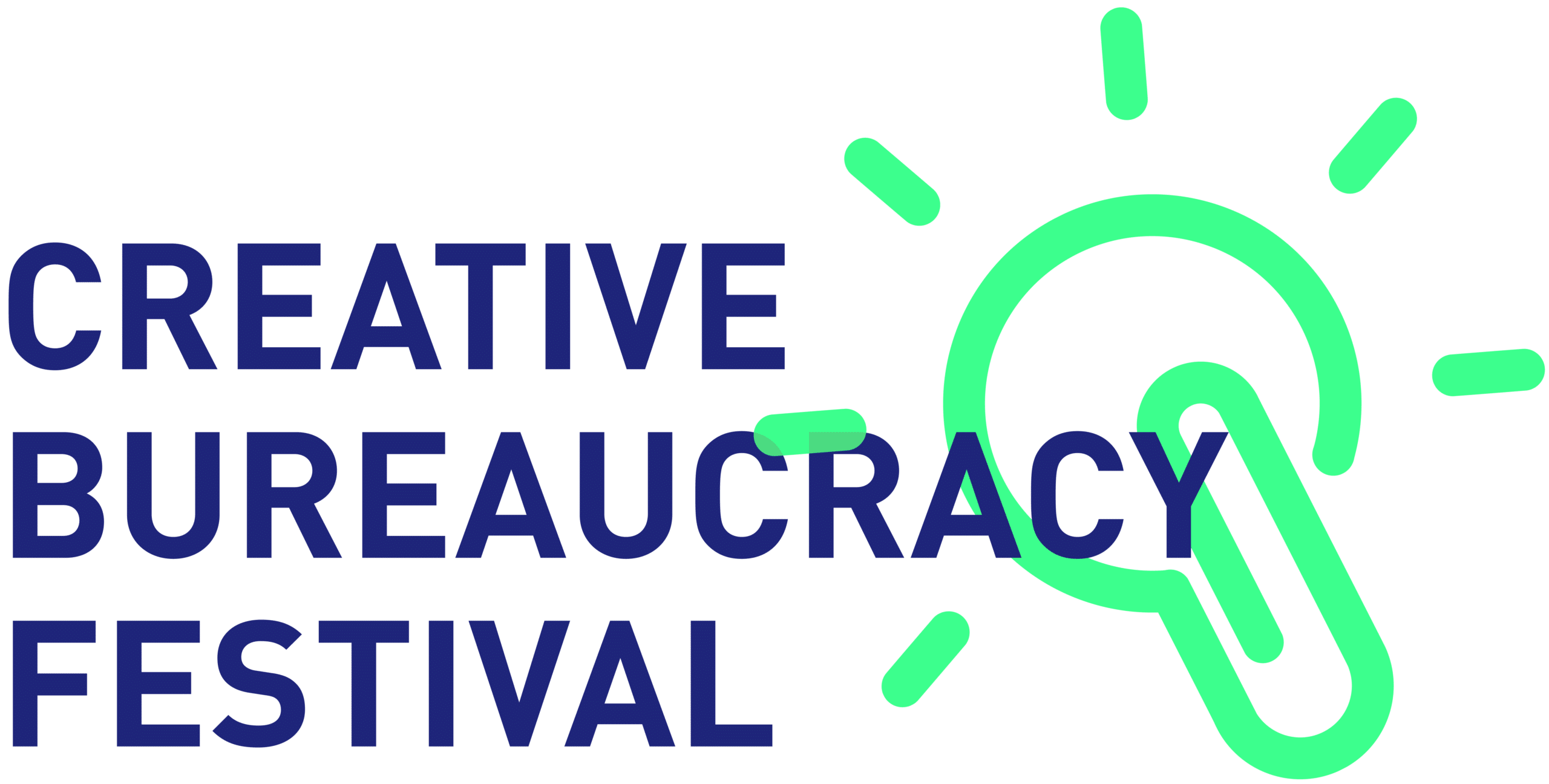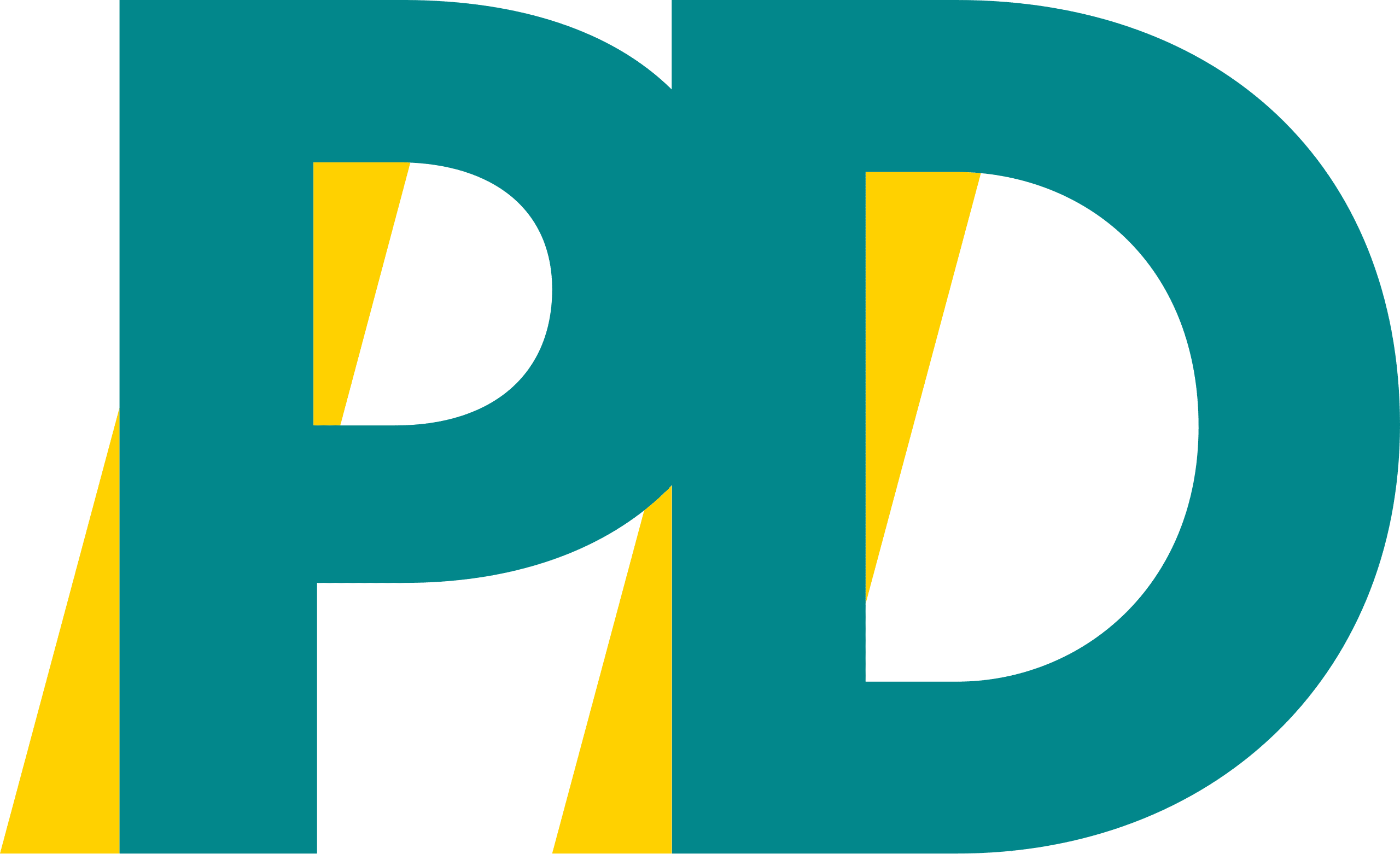Einloggen oder registrieren
Melden Sie sich bitte an!
Workshop: Assessing Dynamic Capabilities of Public Institutions
On 6 October 2022 the second of this year’s four online workshops from our new Digital Workshop Series took place. The event was hosted by our partners UCL Institute for Innovation and Public Purpose (UCL IIPP), PD – Berater der öffentlichen Hand (PD) and the European Commission and explored the topic: „Assessing Dynamic Capabilities of Public Institutions“.
Following introductory impulses by Sébastien Renaud (DG REFORM, European Commission), Rainer Kattel (UCL IIPP) shared insights into how we can increase innovation capabilities and crisis resilience of public organisations for the future. The workshop discussions also featured short case studies from two countries who have embraced such capability building as a top priority via initiatives led by their finance ministries: Denmark (Michael Elkjaer Pedersen), Cyprus (Natasa Akkidou). The workshop was put together by Matthias Peitz (PD), who also shared insights into Germany’s equivalent in-house consulting approach.
We are delighted to share the main takeaways from the session below.
What Dynamic Capabilities do Creative Bureaucracies need?

Creative Bureaucracies need HIGHER-ORDER STRATEGIC DECISIONS around AGILE STABILITY. This is now more important than ever, given that we are going from one crisis to another and need to deal with both these immediate crises and long-term problems at the same time.
- Stability: Creative Bureaucracies need stability. As Sébastien Renaud reminded us, in order to be dynamic we first need a “stable bloc” of democratic institutions with strong inter-institutional cooperation and well-defined roles and structures.
- Agility: We need the capability to think outside the box and rejuvenate the “stable bloc” where necessary. Yes, we need to provide stable public services, but we also need to react to current challenges – and this is where it gets dynamic.
- Strategic decision-making: Rainer Kattel clarified that dynamic capabilities are “higher-order” leadership activities to change what the public sector does in light of wicked challenges. These strategic decisions require us to move away from stable routines…
… and adopt the following dynamic capabilities that can support the emergence new routines:
- Sense-making capabilities centre on diverse analytical tools as well as managerial skills to make sense of what we do in the public sphere: what is the value we are providing, how multifaceted is it?
- Connecting capabilities take the form of boundary-spanning networks and coalitions beyond silos and stakeholders we already know. Here, design practices and communities of practice can help.
- Shaping capabilities primarily require dynamic organisations to focus on the skill developments of its people: do people have the core skills as well as the resources to build experiments, to learn from them too, to shape procurement processes and to solve problems?
Workshop participants emphasised that dynamic capabilities require us to look at the ecosystems our organisations operate in: What other organisations and actors are in the ecosystem? How can we align our efforts and raise our collective ambitions?
What we are taking away from the workshop is that we need innovative thinking on top of our day-to-day core tasks. Here, in-house capacity building is key, which could take the form of developing in-house consulting, as in the case of Cyprus and Germany’s PD, or an in-house agency, as in the case of Denmark.
We also want to strengthen our connecting capabilities: having learned from each other in the workshop, let us keep connecting to learn from best practices as well as failures across governance levels and across countries. This will help us to address long-term challenges as well as immediate crises.
Summary by Dr. Judith Rohde-Liebenau, Senior Consultant at PD – Berater der öffentlichen Hand


